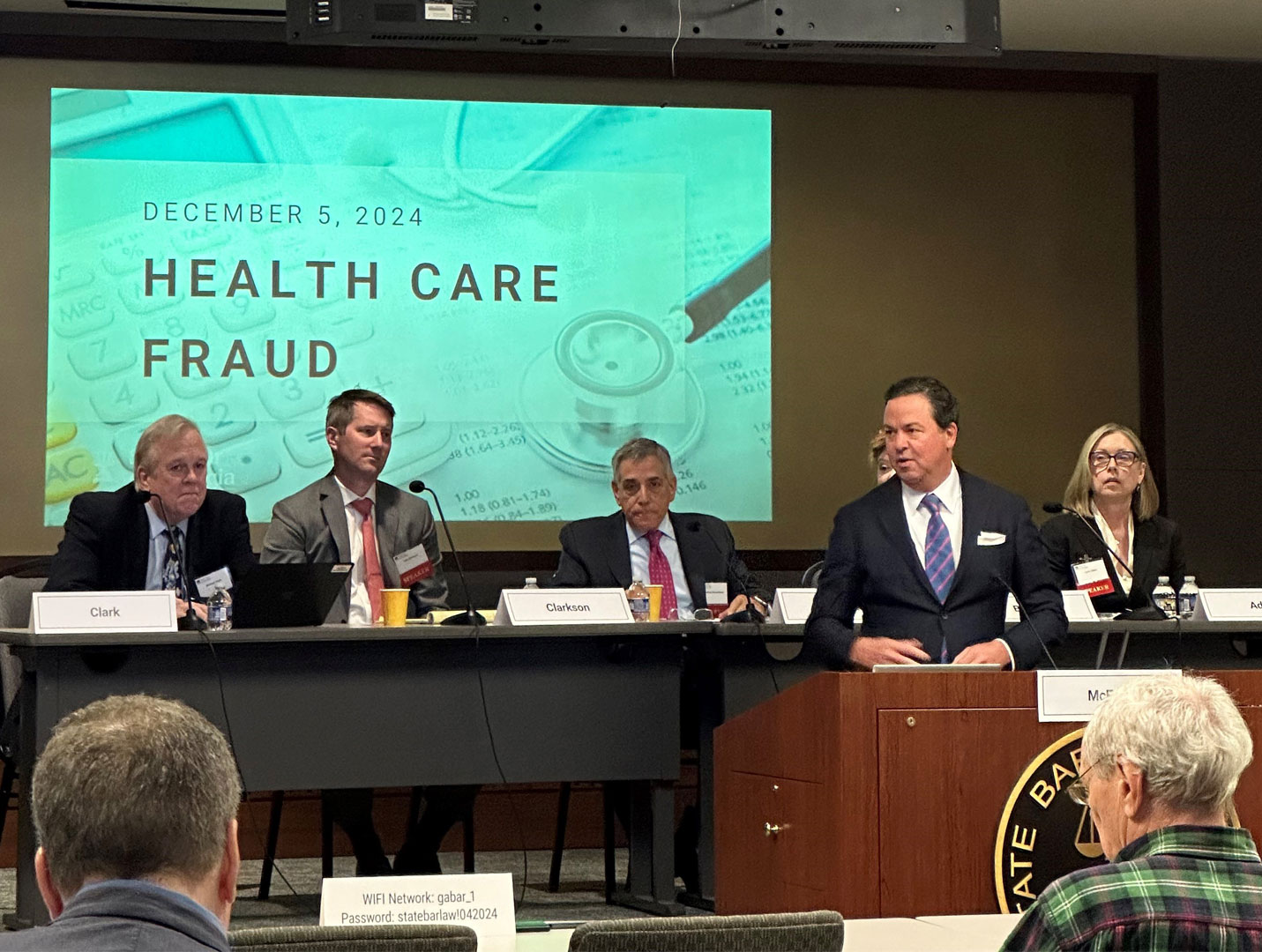
The 2024 State Bar of Georgia CLE event brought together United States attorneys, plaintiffs, defendants, relators, and corporate counsel to discuss emerging trends and enforcement priorities in healthcare fraud. The event reviewed topics including compliance, cybersecurity, fraud security, fraud enforcement, and legislative developments. One of the most notable aspects of the conference was the recurring discussion of United States ex rel. Zafirov v. Florida Medical Associates LLC, which was mentioned in nearly every session.
Session Highlights
Session 1: False Claims Act Developments
The healthcare fraud event started with a robust discussion of Zafirov, where the Middle District of Florida ruled that the False Claims Act’s (FCA) qui tam provision was unconstitutional. This controversial decision drew comparisons to other cases, including Judge Middlebrooks’ rejection of similar constitutional challenges in United States ex rel. Butler v. Shikara, which held that relators are independent actors rather than officers of the United States. Panelists debated the implications for the FCA and the Department of Justice’s (DOJ) role under future administrations, questioning whether the DOJ should exert more control to prevent healthcare fraud from becoming politicized.
Other key topics included the Civil Cyber-Fraud Initiative (CCFI), launched in October 2021, which uses the FCA to address cybersecurity vulnerabilities in government contracts. The Comprehensive Health Services and Insight Global qui tam cases highlighted the misrepresentation of cybersecurity practices and failures to meet contract terms. The session emphasized that penalties under the FCA are mandatory for violations, even absent a breach.
The panelists also discussed causation in kickback-related FCA cases, referencing United States ex rel. Steve Greenfield v. Medco Health Solutions and United States ex rel. Martin v. Hathaway. Both cases examined the causal connection between alleged kickbacks and claims for reimbursement, highlighting the litigation challenges posed by the 2010 amendments to the FCA’s anti-kickback provisions.
The session ended with a brief dialogue on the role of statistical sampling in healthcare FCA cases, which continues to spark debate over its validity as evidence.
Session 2: Stark and Anti-Kickback Statute 2024-2025
This session focused on the heightened enforcement of the Stark Law and Anti-Kickback Statute (AKS) in healthcare mergers and acquisitions. Earnout and pricing mechanisms in these deals are under increasing scrutiny, as they often lead to price increases the government deems kickbacks. Investigations into physician perks, remote patient monitoring reimbursements, and contingent value rates demonstrate the government’s broadening focus on provider compensation.
Notable cases discussed included United States and the State of Indiana ex rel. Thomas Fischer v. Community Health Network Inc., which resulted in a $345 million payment, the largest Stark settlement of the past year. The case demonstrated how compensation tied to physician referrals violates fair market value standards. The panel also discussed the Erlanger case, United States of America, the State of North Carolina, and the State of Tennessee ex rel. Alana Sullivan and J. Britton Tabor v. Murphy Medical Center, Inc. et al., where internal compliance structures were altered to shield improper payments.
The Stark session also addressed compounding pharmacies, and the necessity for pharmacies to tailor drug modifications to individual patients rather than mass produce medications for resale. Violations in this area are increasingly drawing attention.
Session 3: Compliance in an Age of Whistleblowers
Compliance programs need to adapt to increased voluntary disclosures and whistleblower activity. The DOJ’s updated guidance on compliance programs, released in September 2024, now requires compliance officers to possess corporate finance and structure expertise, expanding their responsibilities. Nursing facilities face new quality and resource requirements under industry-specific guidance from the Office of Inspector General (OIG).
Voluntary disclosure was emphasized as a means for organizations to reduce penalties and avoid criminal charges. However, the DOJ’s new whistleblower pilot program, which incentivizes individuals with a percentage of forfeitures recovered, sparked concerns about the influx of tips and the government’s capacity to investigate them. The program seeks to fill the gap in reporting of corporate misconduct that is not covered by whistleblower programs from other agencies.
Case examples included United States ex rel. Rzeszutko v. Rite Aid Corporation et al., where the pharmacy improperly reported Medicaid Part D rebates, and Walgreens’ settlement of three cases involving improper billing for medications not picked up by patients. Pharmaceutical compliance challenges were reviewed, particularly regarding liability under the Controlled Substances Act. A pharmacist’s responsibility to identify “red flags” when dispensing controlled substances is compounded by the lack of a published standard, creating significant ambiguity and risk for providers.
Session 4: Medicaid and Medicare Fraud Enforcement
Fraud enforcement in Medicaid and Medicare continues to be a top DOJ priority, particularly in managed care, telehealth, and substance abuse treatment facilities. DOJ Strike Force initiatives in 2024 led to the indictment of 197 individuals in June alone, with coordinated takedowns targeting schemes exploiting system vulnerabilities.
Telehealth services remain under scrutiny for the legitimacy of physician-patient relationships. In one notable case, United States of America v. Carmine A. Mattia, Jr. a court dismissed an indictment concerning compounded prescription pain creams prescribed via telehealth, citing the term “medical necessity” as too vague.
Fraud schemes often exploit weaknesses in the system, as seen in “sober home” cases, where organizations use unqualified counselors and overutilize specific labs for testing. The session also addressed how subjective standards reshape enforcement, such as in United States ex rel. Tracy Schutte, et al., v. SuperValu Inc., et al., which established that liability hinges on what defendants knew or should have known at the time of the alleged fraud, rather than an objective “reasonable person” standard.
A broader concern emerged regarding patient harm, which remains a top priority for enforcement agencies even when the monetary value of the fraud is relatively low. The DOJ’s increasing reliance on cyber-related fraud cases was also discussed, reflecting the growing intersection of healthcare and cybersecurity.
Session 5: U.S. Attorneys Panel on Law Enforcement Initiatives
The U.S. Attorneys panel provided insight into ongoing and emerging priorities in healthcare fraud enforcement. Elder justice remains a key area of focus, with efforts to combat fraud targeting senior citizens on both civil and criminal fronts. Fraudulent COVID-19 testing and vaccination billing also continue to be prevalent issues.
Fentanyl-related issues continue to increase in speed and concern, with nearly every drug-related case involving this substance in some way. While pill mill cases have not significantly increased, the complexity of investigations is growing, particularly as whistleblowers bring more cyber-related cases. These cases require significant time and resources, prompting efforts to streamline investigations without compromising quality.
Qui tam actions remain a significant source of healthcare fraud cases, particularly in the Northern District of Georgia, but the burden on defendants due to prolonged investigations was acknowledged. U.S. Attorney offices emphasized the importance of building trust to encourage more voluntary disclosures from healthcare organizations, which can lead to reduced penalties and expedited resolutions.
Looking ahead to 2025, healthcare fraud enforcement is expected to maintain its pace regardless of changes in administration. This is driven by the increasing sophistication of fraud schemes and the DOJ’s commitment to protecting public health and safety.
Session 6: Issues from the Top Down – A General Counsel Roundtable Discussion
Regulatory compliance and cybersecurity topped the general counsel panel’s list of concerns, and the panelists stressed that compliance must be a daily, ingrained practice supported by continuous training and a workplace culture that encourages employees to voice concerns.
Cybersecurity risks were a primary focus, particularly those involving protecting patient health information (PHI). Organizations must prepare for inevitable cyber incidents by developing response plans, conducting tabletop exercises, and implementing robust policies. Discussions also explored the tension between liability under the FCA and cyber incidents, with experts arguing that negligence, rather than mere victimization, could trigger FCA violations.
Artificial intelligence (AI) was another key topic, as hospitals turn to AI for efficiency amid reimbursement pressures. Establishing an AI governance committee to evaluate AI’s benefits and risks, particularly regarding patient care and compliance, is strongly recommended. Leveraging AI and technology to monitor usage patterns of controlled substances will help ensure patient and employee safety while complying with the Controlled Substances Act.
Conclusion
Joe D. Whitley and Brian F. McEvoy presided over an informative program, bringing together expert speakers to review healthcare fraud developments from the past twelve months and provide predictions for what will come in 2025. If you would like to stay current on the latest case law and legislative changes, please follow the State Bar of Georgia’s event page for future health care fraud events.
Interested in a legal services partner with staying power? Contact us today to experience the Level Legal difference.


